Women@75 | Putting The 'Her' in Haryana: A Toilet Trainer, A Courageous Cop, And A Resolute Wrestler
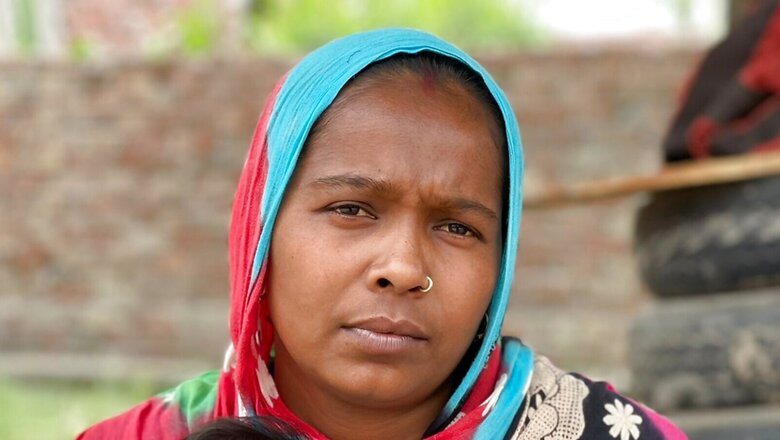
views
Independent India turns 75 this year and no celebration would be complete without honouring the women whose work and passion take the nation to greater heights every day. This series is News18’s salute to the women who have broken barriers to elevate India economically, socially, and politically.
Today, we celebrate passionate proponent of household toilets for women Ritu, intrepid station house officer (SHO) Dharamli Devi, and 15-year-old spirited wrestler Priya Sharma.
Ritu’s home in Navipar, Karnal, stands out. As you enter, the first room you see is the only one with a door and latch. It’s the toilet. Ritu’s grandmother-in-law tells me, “I am 82. I saw a toilet for the first time in my life thanks to Ritu. It’s the most special room in the house. I am blessed to have Ritu in this house.”
Ritu’s mother-in-law too has seen a toilet for the first time. Ritu tells me, “When I lived with my parents, we women would go to an open place, which was actually a cemetery, to relieve ourselves. I came here after marriage and I saw a girls’ school that had a toilet. Once or twice I went there, and then I thought why not at my home? I have two daughters and I don’t want them to go to any open space to relieve themselves.”
So, Ritu got in touch with the local Swachh Bharat team in Karnal and with some initial financial aid began building toilets in her village. Today, Navipar is fully toilet-ready and every household has one, with Ritu personally visiting homes to convince villagers to build toilets.
“There were times when some men would not let us in and build toilets. It was hard for us to convince them. But many women in their homes came out and would insist that toilets be built,” says Ritu.
Ritu’s daughters are first-generation toilet users and thanks to their mother they can escape the embarrassment of relieving themselves publicly. “When I told my husband for the first time that I wanted to build toilets, he dissuaded me. The local panchayat men would never allow a woman in Karnal to step out. But the Swachh Bharat team was very encouraging. I remember my childhood days when my mother would carry a stick each time she went to the loo in the farm or cemetery. She was worried that the local boys would harass us, which often they did. I didn’t want my daughters to go through this,” Ritu says.
There was a time till 2011 when there was only one toilet for every 1.4 lakh women in Haryana. Today, as per the Swachh Bharat Abhiyan figures of 2018, 84.4% of the population is covered by toilets for women. Ritu has been among the many women in Haryana who have contributed to improving these figures. Her mother-in-law smiles proudly and indulgently at her and says, “This is the best dowry she got for us.”
Laying down the law
The first thing that strikes you as you enter the Mahila Police Station on the main road in Bhiwani is the large number of men sitting. They have been summoned by the police for harassing their wives or women. Sitting alert is the station house officer (SHO) Dharamli Devi. “My father was in the Army and I wanted to wear a uniform. But my cousins and brother told me that the police job was not good for women. I told them I shall give it a try and see. Before 2015, there were not many mahila thanas. But now more crimes against women are being reported as mahila thanas give confidence to women to come and report,” she says.
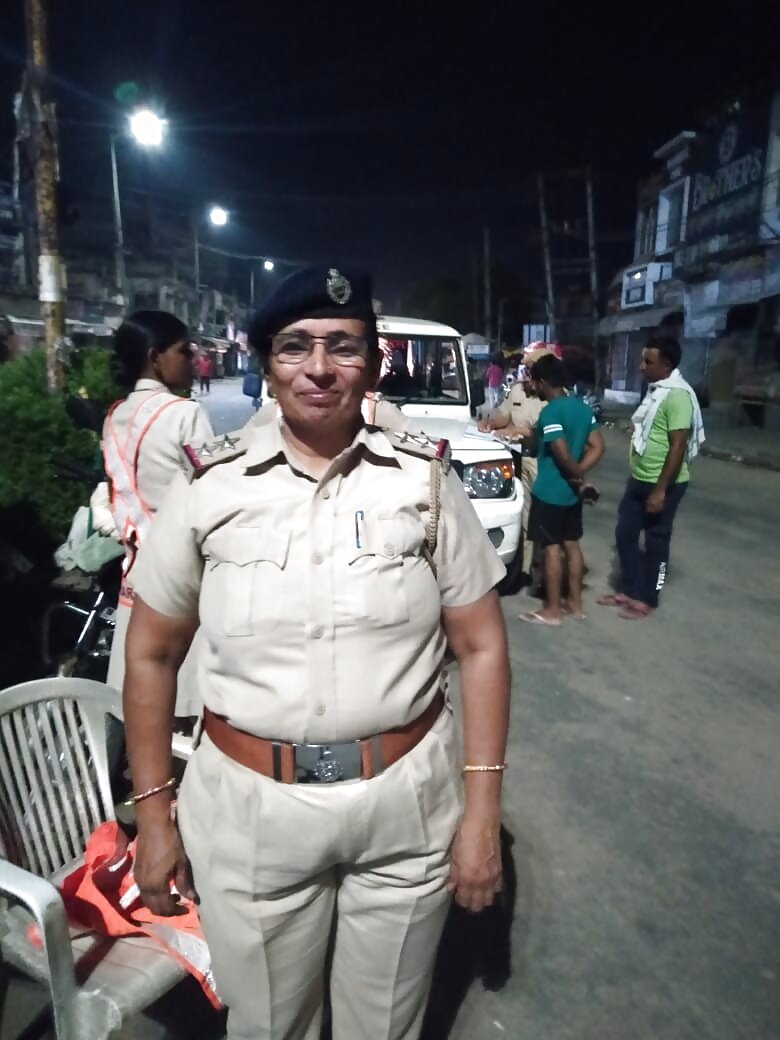
But travelling this far has not been easy for Dharamli and her team of 12 at the police station. “My son died when he was small but I had to rush back as there was a twist in a case that I was investigating. There were times when I had to leave my little daughter with relatives to come to work. I did feel bad and there was social pressure on me to quit but I carried on,” she said. It’s been a learning experience in more ways than one. “I learnt how to use the computer from scratch and this has come to be handy as I could teach my daughter how to use it too,” the officer adds.
In Haryana, where most of the crimes reported against women pertain to “honour killing” and rape, the opening of mahila thanas has emboldened the women of the state where they are still under scrutiny. Dharamli tells me, “These days we find most cases being reported of domestic violence where husbands object to their wives using mobile phones as many now buy such phones with their own money.”
At present, there are about 33 mahila thanas in Haryana. In an otherwise male-dominated society, the right to complain through such police stations makes a difference. And as Dharamli Devi packs up to go home and prepare dinner, it’s nice to be a small part of this change.
The mindset of a champion
15-year-old Priya Sharma has seen many fights in her town in Bhiwani. A bronze medalist in wrestling at the 2020 Guwahati Khelo India games, it’s not been entirely easy to enter the ring. The problem has not come from the family at all. In fact, Priya’s grandmother who stands by, smiles and tells me, “I have two grandchildren and I want both Priya and her brother, who too is a wrestler, to become national champions.”
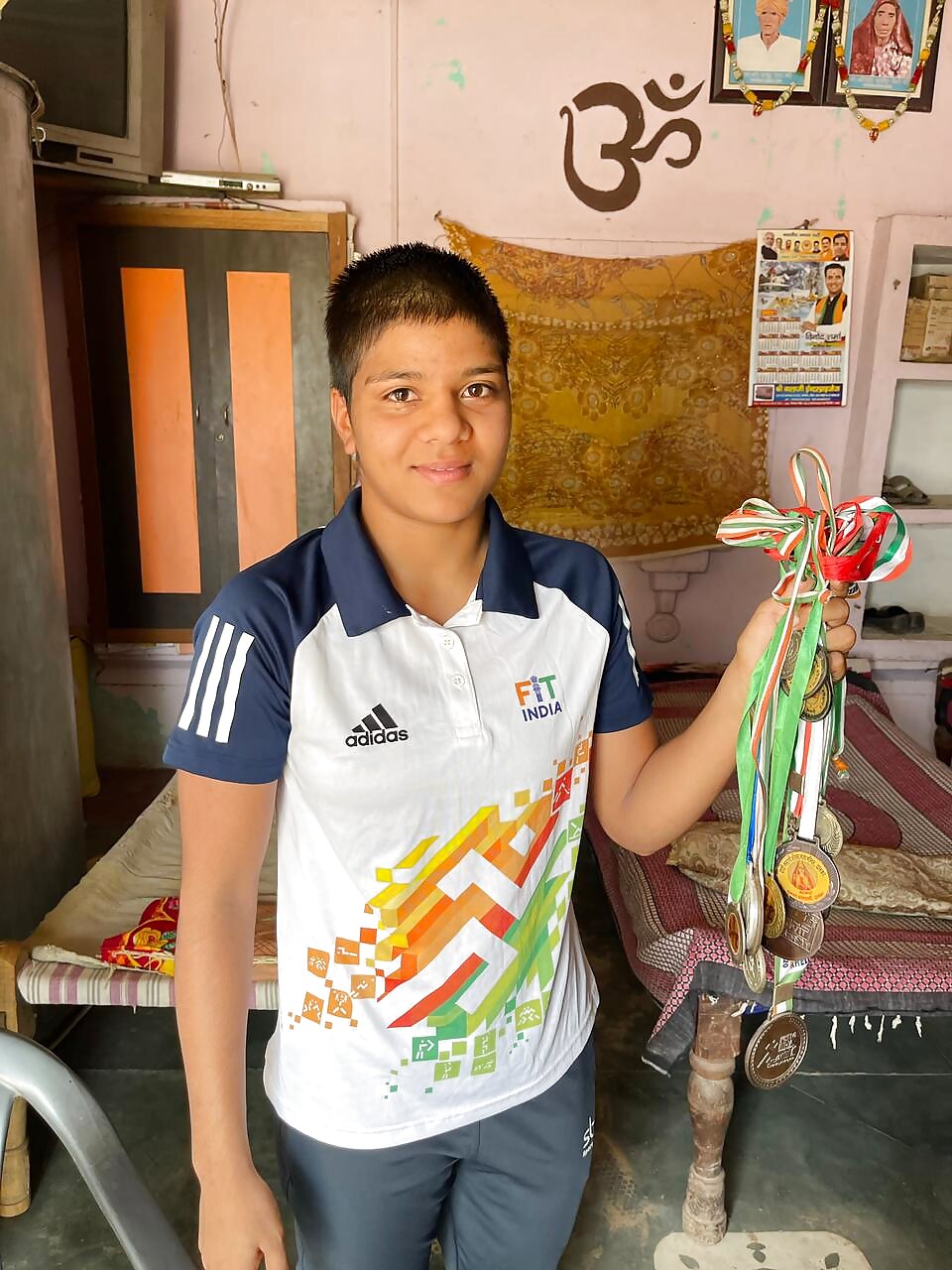
In fact, Priya’s brother is the one who proudly shows off his sister’s medals and tells us she is a great wrestler. He gives her lessons in wrestling and trains her to become fit. But the fight that Priya faced was when she went to coaching centres and jostled with the boys to be trained. “They would shove me and tell me to leave. They said we can’t allow women to fight,” she recalls.
As women began to win medals in wrestling, it became easier for Priya to confront the boys at the coaching centre. She tells me, “We are equal. We can wrestle the same as boys. We are not lesser than any boy. In fact, the Khelo India initiative by the government has put focus on sports, but the stress has been particularly on women.”
The fame and success of the Phogat sisters and many others have ensured that women wrestlers are considered no less than men. “I watched Dangal and I can say my parents, especially my brother, have been my biggest guide and inspiration,” says Priya.
So what is it that she is aiming for now? “I want to win a gold medal in the Olympics,” says Priya. “But before that, I want to defeat my brother in wrestling, which I have not been able to do, so far.”
Read all the Latest News, Breaking News, watch Top Videos and Live TV here.













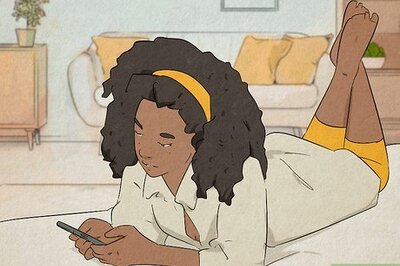



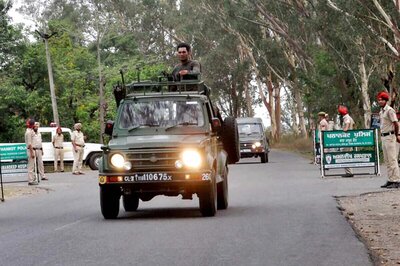

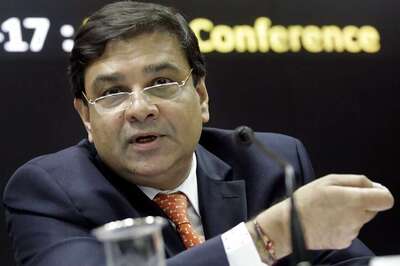
Comments
0 comment